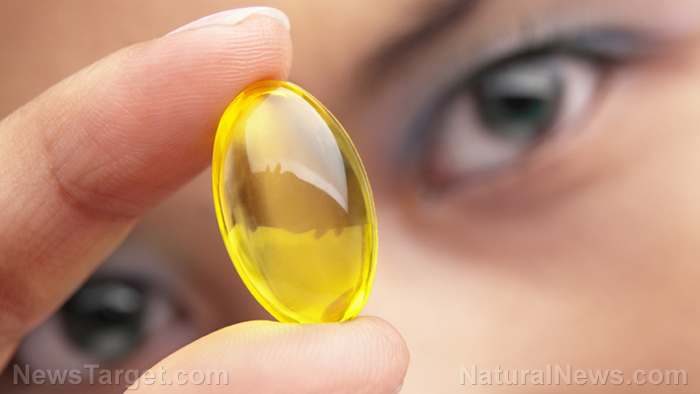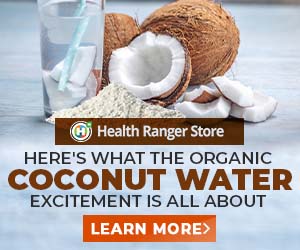Contact Dr. Lu for information about cancer treatments。聯繫盧博士,獲取有關癌症治療資訊。
Study: Multivitamin supplements can help improve memory | 研究:複合維生素補充劑有助於改善記憶力
Contact Dr. Lu for information about cancer treatments。聯繫盧博士,獲取有關癌症治療資訊。
Tuesday, June 06, 2023 by: Olivia Cook
This article may contain statements that reflect the opinion of the author

(Natural News) Americans have been taking multivitamin and mineral (MVM) supplements for decades. According to a study, MVM supplements not only help people meet their daily nutrient requirements, they also help improve memory.
A group of researchers looked at this phenomenon through a randomized clinical trial (RCT), the results of which were published in the American Journal of Clinical Nutrition. The RCT involved 3,500 older adults who were tracked over a span of three years. One group took a placebo while another group took MVM supplements.
The participants took online tests to evaluate their memory. They were given lists of words – some related, some not – and asked to remember as many as possible.
At the end of the first year, people taking an MVM supplement showed improvements in their ability to recall words. The supplement group were able to recall a few more words compared to the placebo group, the researchers noted.
“We estimate that the effect of the multivitamin-related intervention improved memory performance above placebo by the equivalent of 3.1 years of age-related memory change,” they wrote. “Multivitamin supplementation holds promise as a safe and accessible approach to maintaining cognitive health in older age.”
Study author Dr. JoAnn Manson noted: “It is surprising that such a clear signal for benefit in slowing age-related memory loss and cognitive decline was found in the study.” According to her, both the body and the brain require many nutrients to stay healthy. If people lack these nutrients, it may influence memory loss or speed up cognitive decline.
Supplements should only supplement your diet
“Whether in pill, powder or liquid form – the goal of dietary supplements is often the same: to supplement your diet to get enough nutrients and enhance health,” Dr. Jeffrey Millstein said. He emphasized that supplements are not designed to replace a healthy diet.
“Supplements are meant to be supplementary, meaning they enhance benefits already provided by eating a well-rounded diet,” he added.
However, as with everything in excess, an oversupply of nutrients may cause more harm than good.
On one hand, excess amounts of water-soluble vitamins, such as vitamin C and the vitamin B family, will be excreted in urine. On the other hand, fat-soluble vitamins, such as vitamin A, vitamin D and vitamin E, can be stored in the body. But very high levels of these nutrients can be toxic. For instance, excessive levels of vitamin E can increase the risk of internal bleeding.
Millstein also warned that some supplements, particularly those that contain herbal extracts, may interact unfavorably with some medications.
“Supplements may interact with other medications you’re taking or pose risks if you have certain medical conditions such as liver disease,” he explained. “Some supplements also haven’t been tested in pregnant women, nursing mothers or children – and you may need to take extra precautions.”
To ensure safety and maximize the benefits of any supplement you’re planning to take, consult with a natural health practitioner first.
Visit SupplementsReport.com for more stories about supplements and their benefits.
Watch this video that discusses how to really solve a vitamin or mineral deficiency without relying on synthetic supplements.
This video is from the Natural News channel on Brighteon.com.
More related stories:
Vitamin makers sell candy multivitamins to children.
One of nature’s best multivitamins, beets are full of nutrients.
Multivitamins explained: Supplementing can help you reach optimal health.
Review: NewChapter Organics Every Man II Multivitamins based on whole food concentrates.
Sources include:



